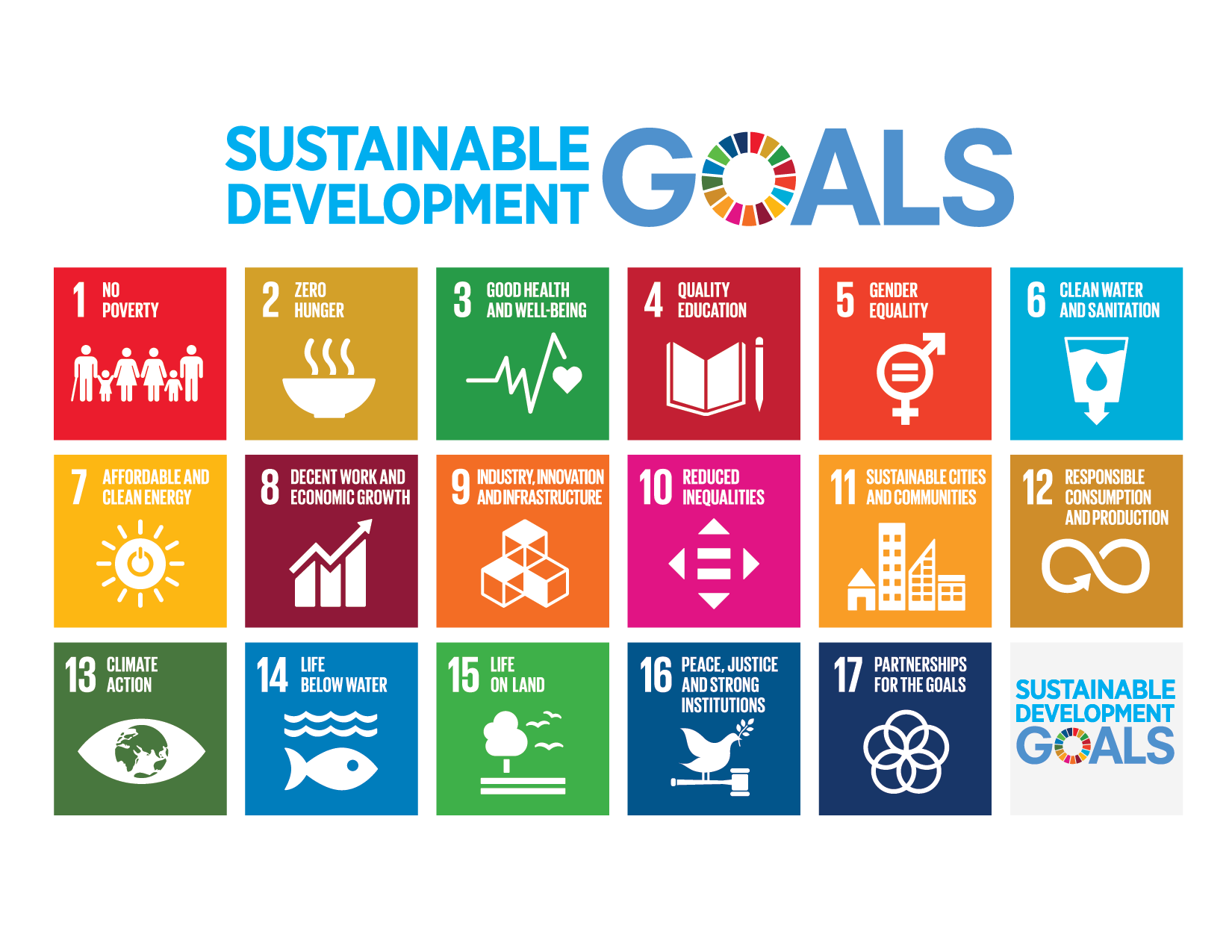What does a CRVS system do?
An inclusive civil registration and vital statistics (CRVS) system ensures that everyone counts and is counted. It protects human rights, empowers individuals, and promotes sustainable development.
Civil registration and civil status certificates give people proof of their legal identity, age, and social relationships. These vital documents enable them to access public services, such as healthcare and education, and to exercise their rights, such as voting or claiming an inheritance.
Vital statistics provide real-time, reliable data disaggregated at the lowest level by sex, geography, and other locally relevant characteristics. Governments can use this data to identify problems and make effective policies, including programs to address the unique needs of women, girls, and other vulnerable groups.
Why CRVS systems are important to the SDGs
CRVS systems are essential for monitoring progress towards the Sustainable Development Goals (SDGs), which seek to eliminate poverty and improve lives everywhere by:
- Building inclusive economies
- Addressing social needs
- Protecting the environment
The data generated by a well-functioning CRVS system can be used to track progress towards 12 of the 17 SDGs. What’s more, building and strengthening CRVS systems directly contributes to several specific SDGs – including SDG 17.19 to support statistical capacity building in developing countries, and SDG 16.9 to provide legal identity for all, including birth registration.
Yet more than 100 developing countries currently do not maintain well-functioning CRVS systems. There are also large gaps in data about women, girls, and other vulnerable groups. Gender-disaggregated data is key to achieving gender equality (SDG 5), which is a fundamental human right and a foundation for wider sustainable development. Indeed, 34 of the 54 gender-related SDG indicators identified by UN Women can benefit from the data that CRVS systems provide.

Why data gaps exit
Many low and middle-income nations do not have a well functioning CRVS system. For example, the births of just 44 percent of children under 5 in sub-Saharan Africa are registered, compared to 73 percent worldwide.
Even when civil registration services are available, people may struggle to access them. This is due to complex economic, political, legal, and socio-structural barriers, which tend to impact women and girls the most.
For example, mothers who give birth outside wedlock may avoid registering their children due to shame or stigma. This can even impact married women if their marriage is not registered, as some countries require a marriage certificate as proof of paternity.
Making women and girls count
The solutions to improving access to CRVS systems for women and girls are likely to be as complex as the barriers they face. So, it’s important to better understand these barriers in their specific contexts. We’re helping to close this research gap with a new Knowledge Brief Series on Gender and CRVS.
This series sheds light on current challenges, opportunities, case studies, and potential solutions. It will provide crucial support to CRVS stakeholders – helping them raise awareness, adopt good practice, and inspire action.
The briefs will be authored by experts in the field and published quarterly throughout 2019. The first four papers are available here.
The path to better CRVS systems
Countries must prioritize investment in CRVS systems if they are to monitor and advance towards SDGs.
Along with investing, governments can benefit from working hand-in-hand with CRVS experts to identify barriers, design strategies, and implement improvements. They can access this support via the Centre of Excellence for CRVS Systems, as we offer technical assistance, learning resources, and a Directory of Experts.
The Centre has already assisted three countries in preparing the CRVS portions of their reproductive, maternal, newborn, child, and adolescent health (RMNCAH) investment cases. In 2018, we supported the Guinean government to secure a grant of US$3 million for the CRVS component of its RMNCAH investment case.
We’re continuing to work with the Guinean government on the project, providing expert support and promoting a gender-lens approach. You can learn more about what we do here.